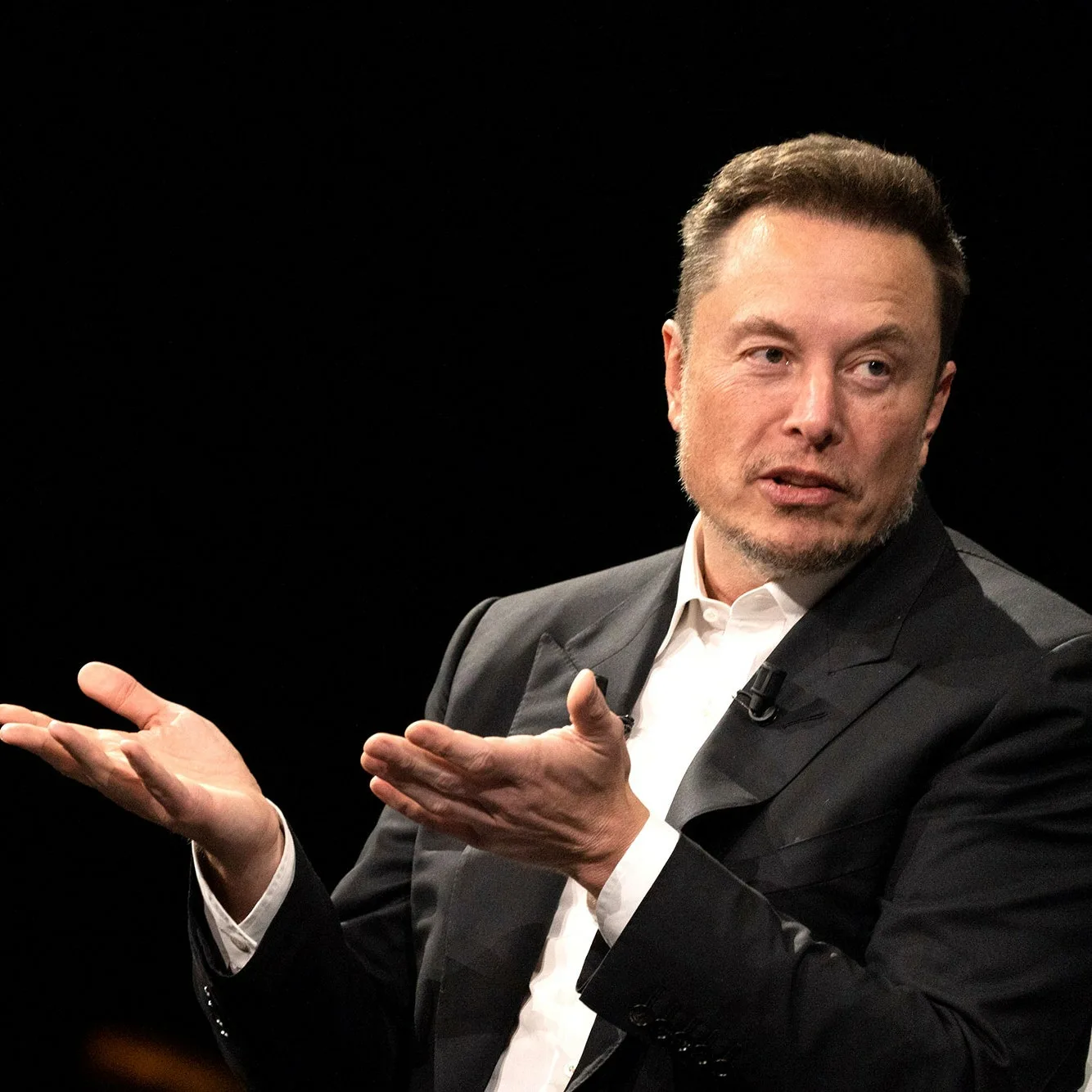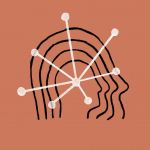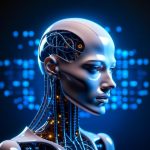Musk creates virtual worlds with AI for training robots

Elon Musk decided his artificial intelligence got bored without work. And now xAI company will engage in creating virtual worlds. Moreover, not just beautiful pictures, but real simulations. Where objects interact with each other according to physical laws. They’ll start, of course, with games – where would we be without them in 2025.
Elon Musk poached 2 specialists from Nvidia, and this already shows the seriousness of intentions. Zishan Patel and Ethan He previously dealt precisely with so-called world models. And now they’ll help xAI create virtual worlds using video and robot data.
And here it gets interesting. Games – that’s just warm-up. The real goal – to create a training environment for Musk’s humanoid robots. Where they can improve faster in virtual environment with digital twins of real objects. Without breaking anything in reality.
Nvidia itself, by the way, has long been using similar simulations, particularly for training autopilot systems in transport. And this company’s leadership believes that world models by their turnover will eventually equal the entire world economy in its current state. Think about the scale of this forecast! Meanwhile, Elon Musk stated that xAI intends to release an AI-created game by the end of next year.
But these are still flowers. World models have huge practical significance. Since they allow understanding how objects interact with each other without conducting field experiments. You can calculate everything in virtuality without wasting time and money on real tests. Elon Musk’s startup xAI is currently searching for specialists with experience in video and image creation using AI. And applicants are offered annual salaries ranging from $180,000 to $440,000 per year. They also have a quite exotic vacancy. This is a video game creation trainer who will train chatbot Grok to create games and play them. For this they pay $45 to $100 per hour.
And now the funniest part. Many companies are now interested in creating world models, everyone rushed into this race. But game developers with real experience warn – AI cannot solve all industry problems. For example, representatives of Larian Studios who created Baldur’s Gate 3 note that the problem is not in reproducing mechanics. But in creating worlds that resemble real ones and are interesting for users. There’s your magic pill from neural networks. You can teach the system physics and object interaction, but making a world alive and captivating – that’s still human work.





